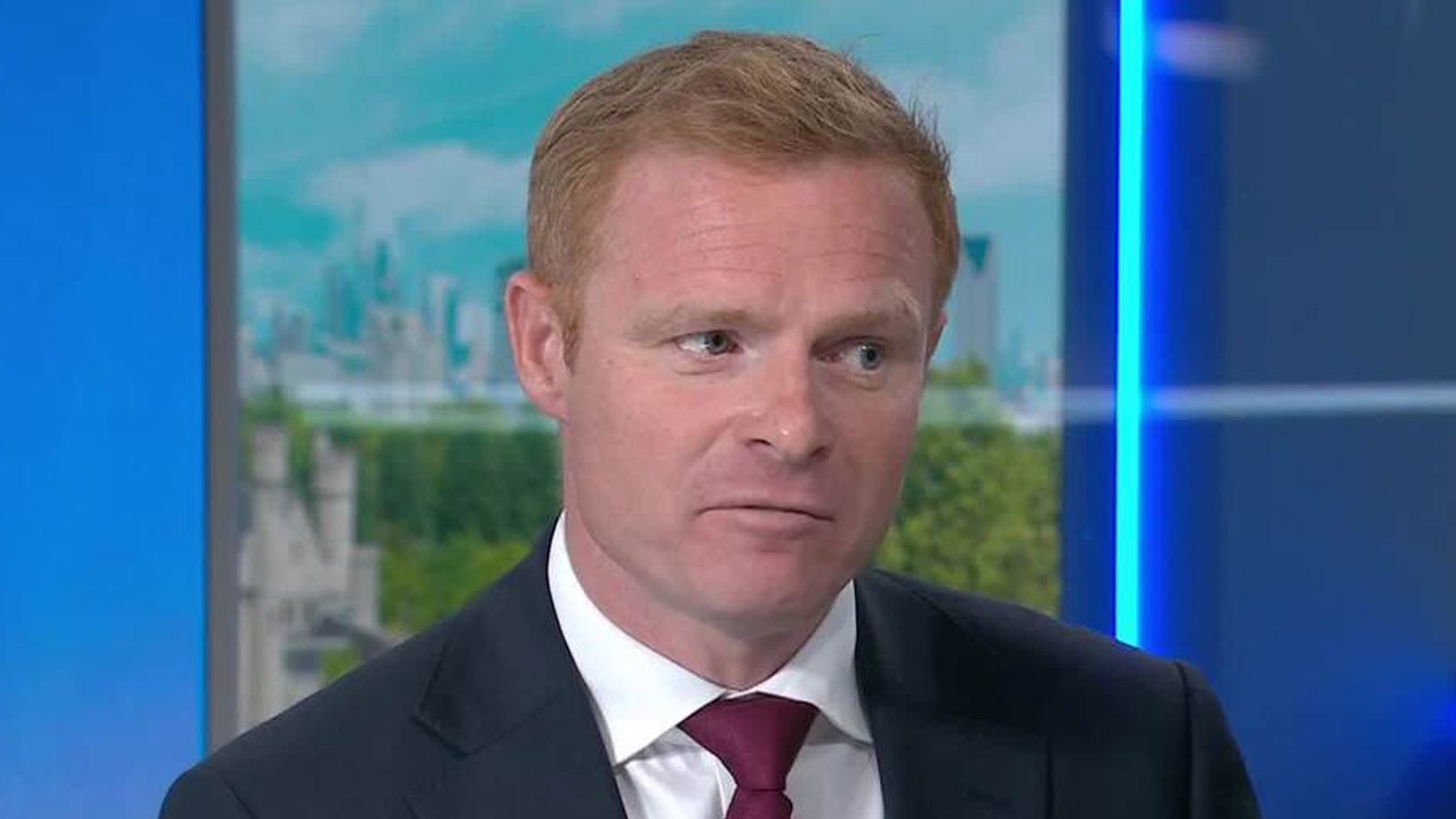
Feargal Sharkey Blasts Water Crisis Response as Bills Set to Surge
So, here we are again, facing yet another crisis in the UK's water industry—and this time, it's hitting us right in the pocket. A new report led by Sir Jon Cunliffe has shaken things up, recommending the scrapping of the long-criticised regulator Ofwat and predicting a 30% rise in water bills over the next five years. But for campaigner Feargal Sharkey, this isn’t bold reform—it’s a weak response to a deep, systemic failure.
Let’s break it down. The review makes 88 recommendations to overhaul England and Wales' broken water system, which has been plagued by underinvestment, sewage spills, and growing public distrust. Among the key proposals are compulsory smart water meters, regional water planning bodies, tighter oversight of water companies, and the formation of a new national regulator to replace Ofwat. On paper, it sounds like a significant shift. But critics, including Sharkey, aren’t buying the optimism.
Also Read:- Calgary’s Soaked Summer Brings Flood Worries and Hope for Farmers
- Alaska Airlines Grounds Entire Fleet After Sudden IT Outage
Feargal Sharkey, known as much now for his environmental advocacy as for his music career, pulled no punches in his interview on BBC Radio 4. He outright called for Environment Secretary Steve Reed to consider resigning , accusing the government of prioritising profit over public welfare. Sharkey slammed the report for deliberately sidestepping the topic of renationalisation , arguing that corporate greed and the exploitation of bill payers are the root causes of the mess we’re in.
He’s not alone in his outrage. Groups like River Action and Surfers Against Sewage echo his view, calling the report “the illusion of change” and “lipstick on a pig.” They argue the proposals don’t address the fundamental issue—that our water system is being run like a monopoly for shareholder gain, not public good. Let’s not forget: some of these companies are billions in debt, yet still handing out executive bonuses while pumping raw sewage into our rivers.
Meanwhile, everyday households are already under immense pressure. Over 40% of people say they’ve had to cut essentials like food just to pay utility bills. Now, with water bills set to rise by another 30%, it’s no wonder frustration is boiling over.
Sharkey’s point is clear: this isn't a genuine reset. It’s a cosmetic refresh of a deeply flawed model. Real change, in his view, means putting public interest front and centre—not papering over problems while keeping profiteering intact. The government may say this is the biggest reform since privatisation in 1989, but if the structure that allowed this crisis to develop stays the same, who really wins?
It’s time to ask ourselves: are we fixing the system, or just rearranging deck chairs on a sinking ship?
Read More:

0 Comments